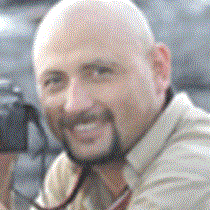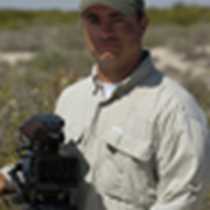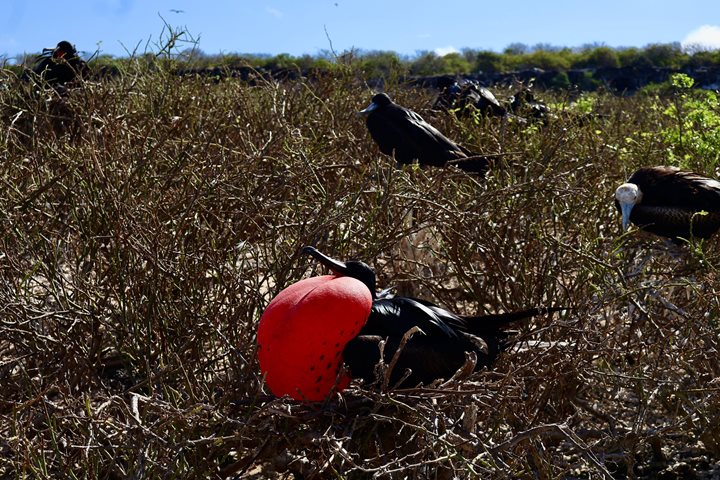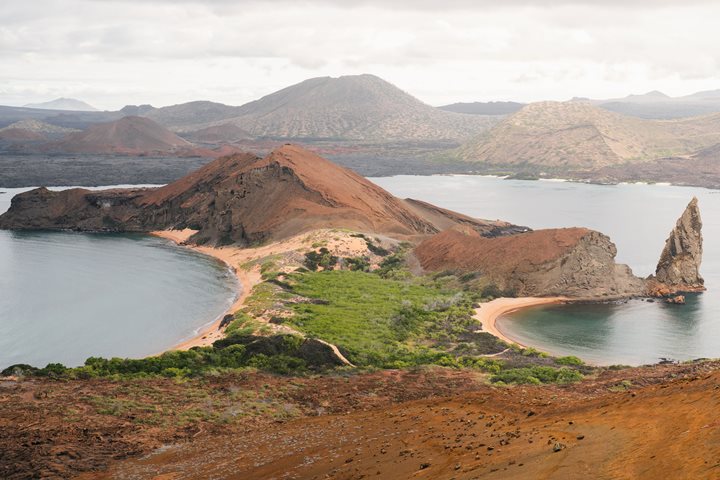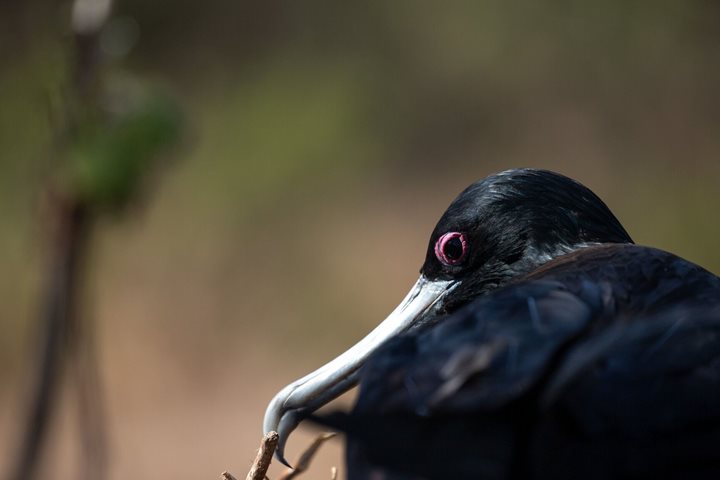Genovesa Island it one of the few places on earth, where you can enter its caldera on board a ship, and this morning, we had an amazing opportunity to go outside our outer decks and observe how the National Geographic Endeavour enter this amazing collapsed caldera. This Island it is also the home for one of the largest sea birds colonies in the whole archipelago.
After a whole week in Galapagos, this was the perfect day to end our adventure; dozens of sea birds came to our encounter, as a farewell greeting. The day was just starting and it was already very satisfying for such a moment in contact with Mother Nature.
As soon as we dropped anchor, we went out with a group of kayakers, the walls inside the Caldera has many geological formation and special sightings for this activity.
After breakfast we were ready to disembark in two different groups to visit Prince Phillip steps and Darwin’s bay at the same time. The first three groups were sent off, to the first visitor site and the last three to second one and for the afternoon, we just switch the order and that way everyone had the same opportunity to see these two interesting visitors’ sites.
Before the morning activities were over, we even offer our final deep water snorkeling of the week inside its caldera, due to its location we even had the chance to see different fish than the previews days.
Along the day, we also offer two more outing for kayakers because of the great opportunity to get very close to animals and enjoy seeing its geological formations at the same time.
In every activity we undertook, we had the opportunity to see, red and Nazca boobies, frigates, swallow tailed gulls, storm petrels, finches, mocking birds, herons, doves and the two species of sea lions, lava gulls and this without mention the marine life of this Island.
After such an incredible experience in this Island, we lift the anchor up and left the caldera with sunset light and this gave another chance for our guests to enjoy this event as we were leaving the caldera and for crossing the Ecuadorian line early in the evening.



